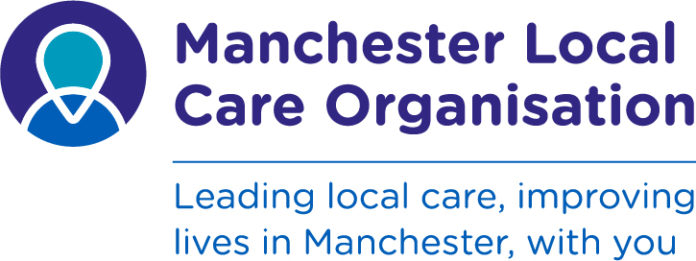Macmillan Cancer Support is investing £5.2 million to create a city-wide palliative and end of life care service across Manchester in one of the charity’s largest ever single funding agreements.
The newly created Manchester Macmillan Supportive and Palliative Care Service will operate out of three community-based hubs across the city and is based on the hugely successful award-winning Macmillan service in North Manchester.
The 7-day service will provide a range of care and support for patients in Manchester with a life-limiting illness through multi-disciplinary integrated teams of consultants, clinical nurse specialists, district nurses, therapists and allied health professionals.
Delivered through a partnership of Manchester Health and Care Commissioning (MHCC), Macmillan, and the Manchester Local Care Organisation (MLCO), the service will provide a bridge between GP practices, hospitals and hospices to care for patients at home, in hospices or in residential care.
Key to improved information-sharing will be the service’s daily meeting between the palliative care team and district nursing service, supported by a weekly multi-disciplinary team meeting (MDT), chaired by a palliative care consultant.
This will enable health care staff to get quick expert advice on how to help and support the patients they visit on their daily calls.
The funding will create equity of palliative and end of life care across the city after Macmillan previously funded the development of the award-winning North Manchester Macmillan Palliative and Supportive Care Service.
Today’s announcement (July 18) coincides with the publication of a report by Macmillan Cancer Support which argues that local health care systems must prioritise delivering on the commitments, set out in the NHSE Long Term Plan, to improve end of life care.
Macmillan’s At the Crossroads Report, based on research and insight gathered from health care professionals across England, finds that – in reality – end of life care is often lost among competing priorities in local health systems, due to a lack of mandated plans for delivering improvements.
Tanya Humphreys, Macmillan Cancer Support, Head of Services North West said: “In Manchester we are ensuring that end of life and palliative care is prioritised. Macmillan Cancer Support is very proud to commit one of our largest ever single investments to develop the Manchester Macmillan Palliative Care Support Service.
“This city has a ‘can-do’ health coalition made up of the MLCO, MHCC, St Ann’s Hospice, GPs, hospitals, hospices and volunteers who share our vision and want to all work together to deliver the best possible palliative and end of life care for this ever-increasing cohort of patients and their families.
“Macmillan’s £5.2 million funding is making this possible through the funding of new posts and ways of working, as well as a programme team to oversee the inception of the new service. We are encouraged by the approach to end of life care more broadly in Greater Manchester and hope the Health and Social Care Partnership will continue to make it a priority in their five-year plan.”
Dr Denis Colligan, Cancer Clinical Lead and GP Board Member, Manchester Health and Care Commissioning (MHCC) said: ”New treatments are being developed all the time for patients with secondary and advanced cancer, which has resulted in an increasing number of cancer patients requiring specialist palliative and end of life care.
“We are very excited to be working in partnership with Macmillan Cancer Support to deliver a service throughout Manchester that has so far worked so very effectively in North Manchester. We want all people with life-limiting illnesses in the city to be able to die in their preferred place of death, having had time to make their wishes known to loved ones and to feel supported and at peace.
“We know from the success of North Manchester that this city-wide service will reduce the number of emergency hospital admissions and hospital deaths for palliative patients,” added Dr Colligan.
Patrick Fahy, who is a palliative patient in Manchester and is involved in the design of the new service as a Macmillan Service User Representative said: “I am aware that at some point probably sooner rather than later I will need end of life care. I’ll be honest – it frightens me. It is the unknown and I worry for me and my wife and family. I am greatly reassured though that Macmillan and Manchester are investing so heavily and working so hard to make palliative and end of life care the best that it can be. I would want this type of service to be available for all people across Greater Manchester and beyond.”
Angela Jones, from Blackley, Manchester, whose husband David died aged 57 after being cared for by the North Manchester Macmillan Palliative Care Support Service said: “I am so very pleased that this incredible service is going to be available throughout Manchester as I want anyone in our most awful of situations to be able to get the support we received.
“Dave was sent home with me from A and E last May after nearly dying after his cancer spread from his bowel to his brain. I had no idea what to do and was terrified. I went to my GP in tears the next day and was immediately put through to the North Manchester service who were quite simply angels.
“They gave Dave and me the support and confidence to see his illness through at home, where in August my wonderful husband died in my arms. I can honestly say that he appeared to be in no pain and at peace.”







